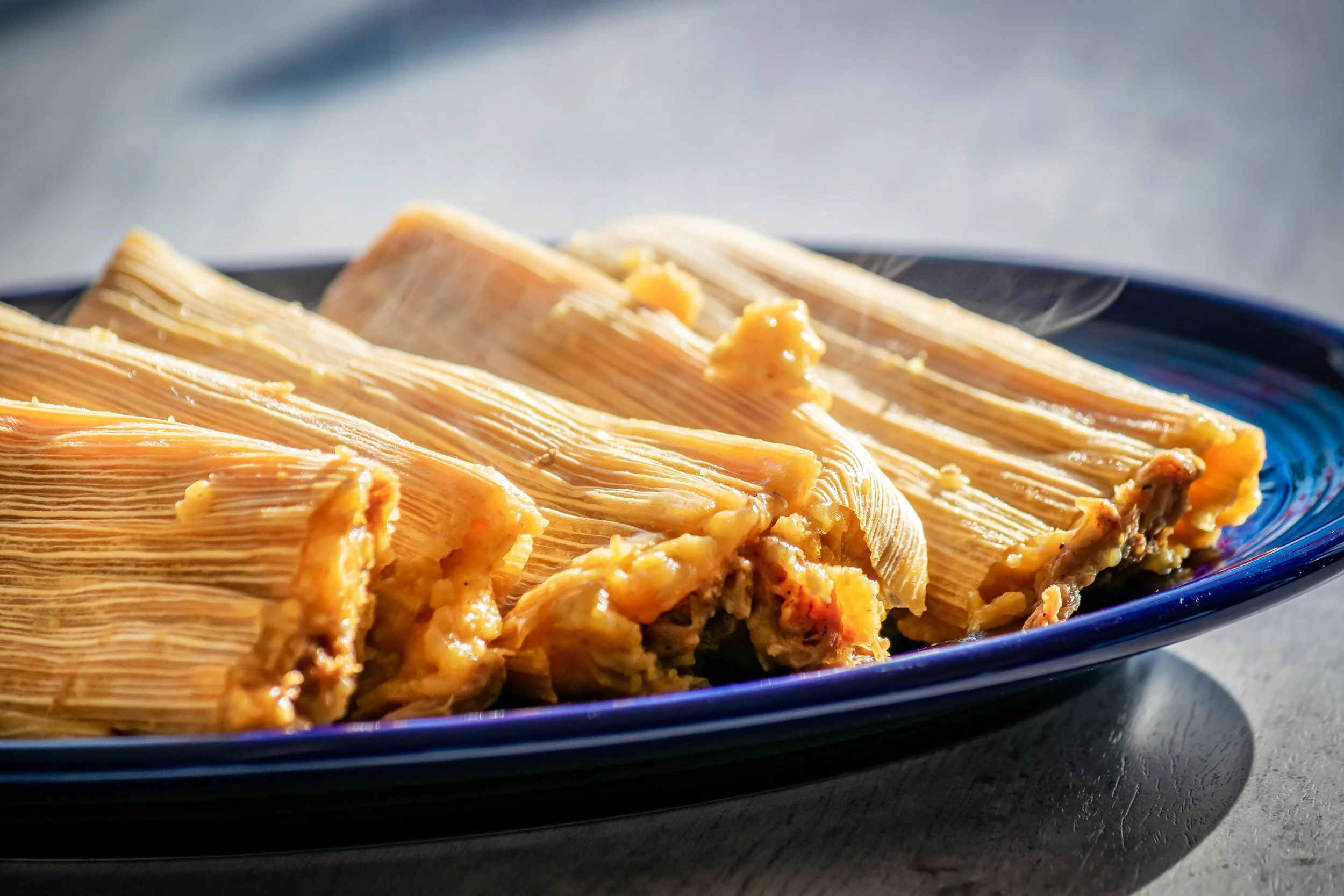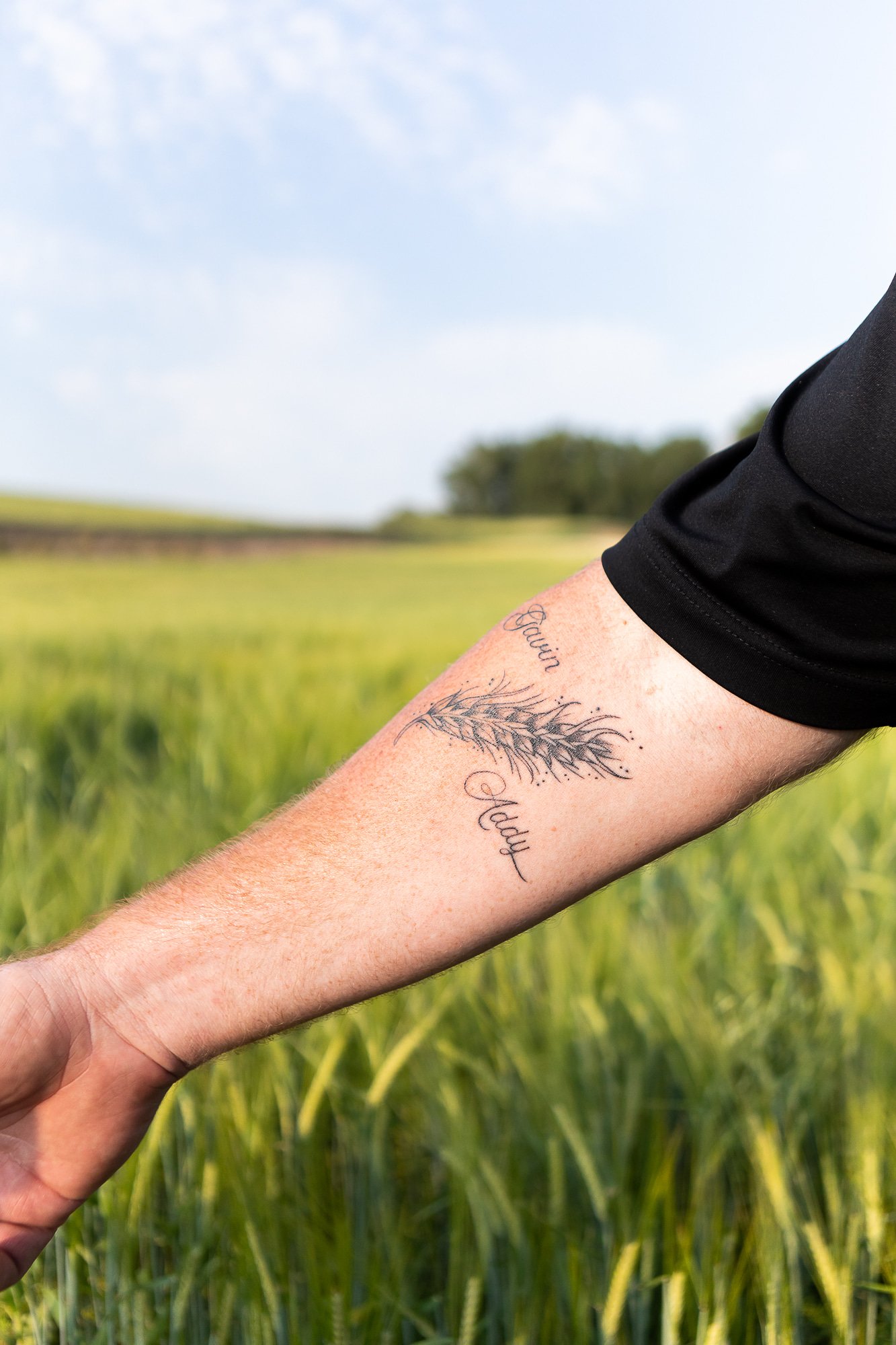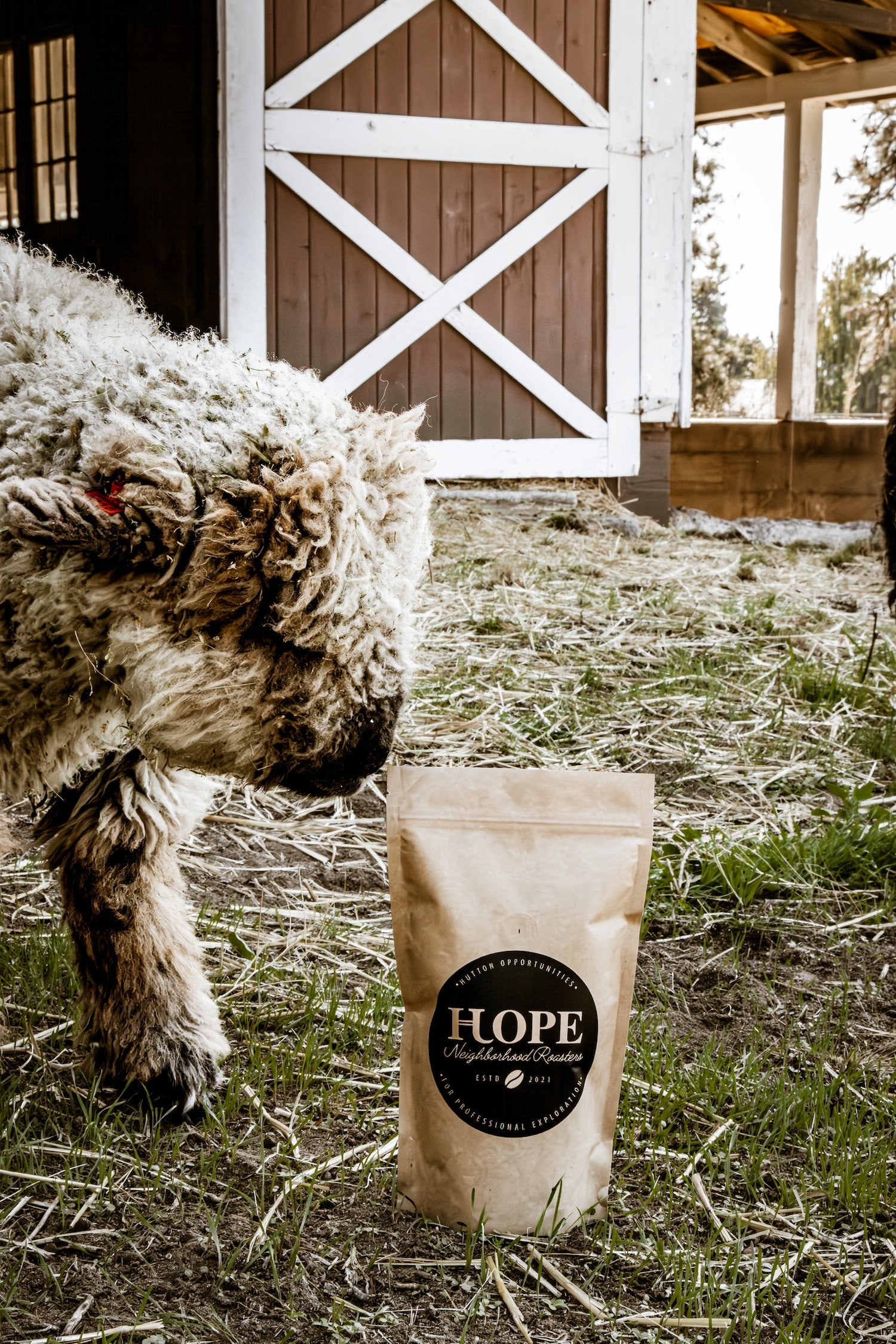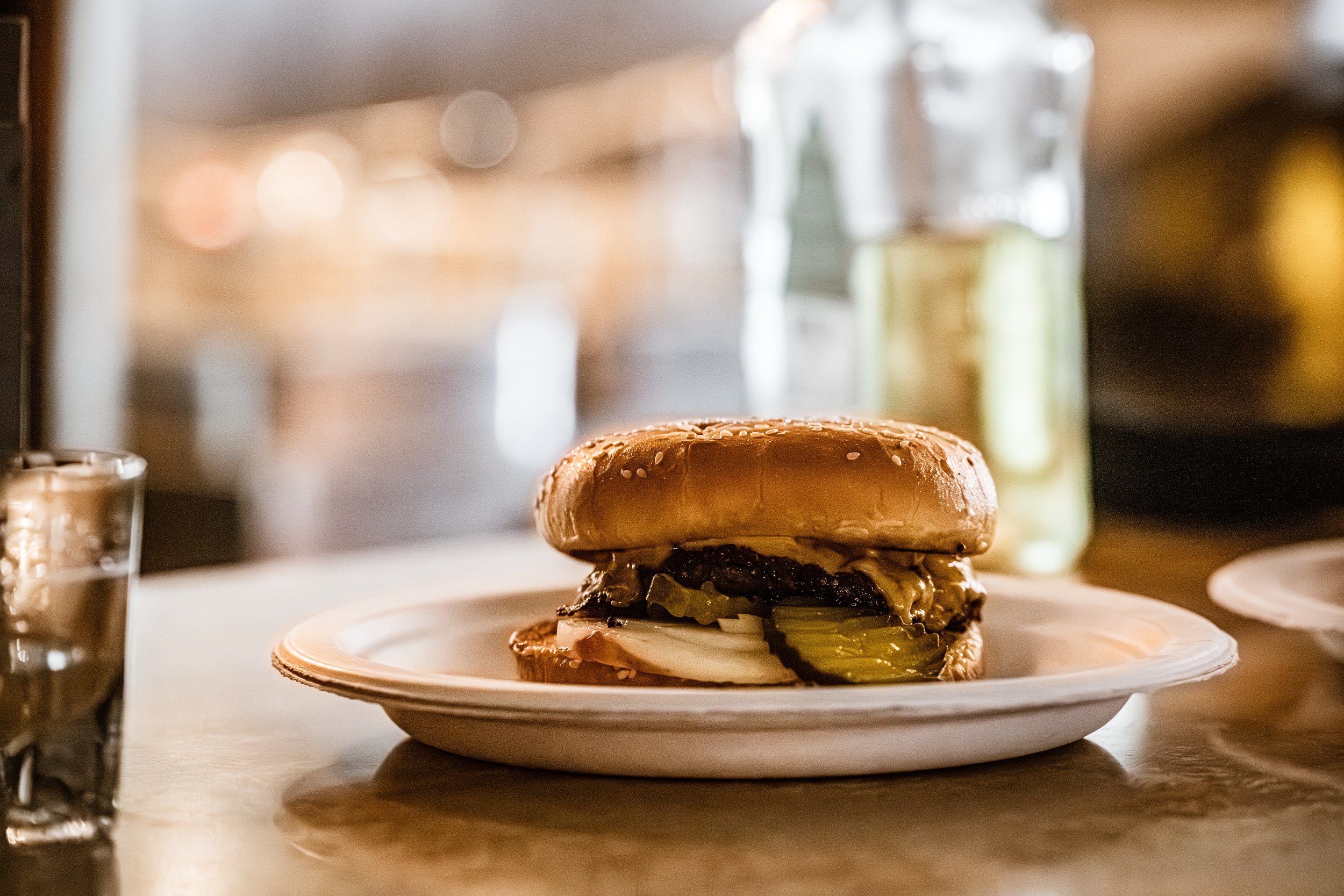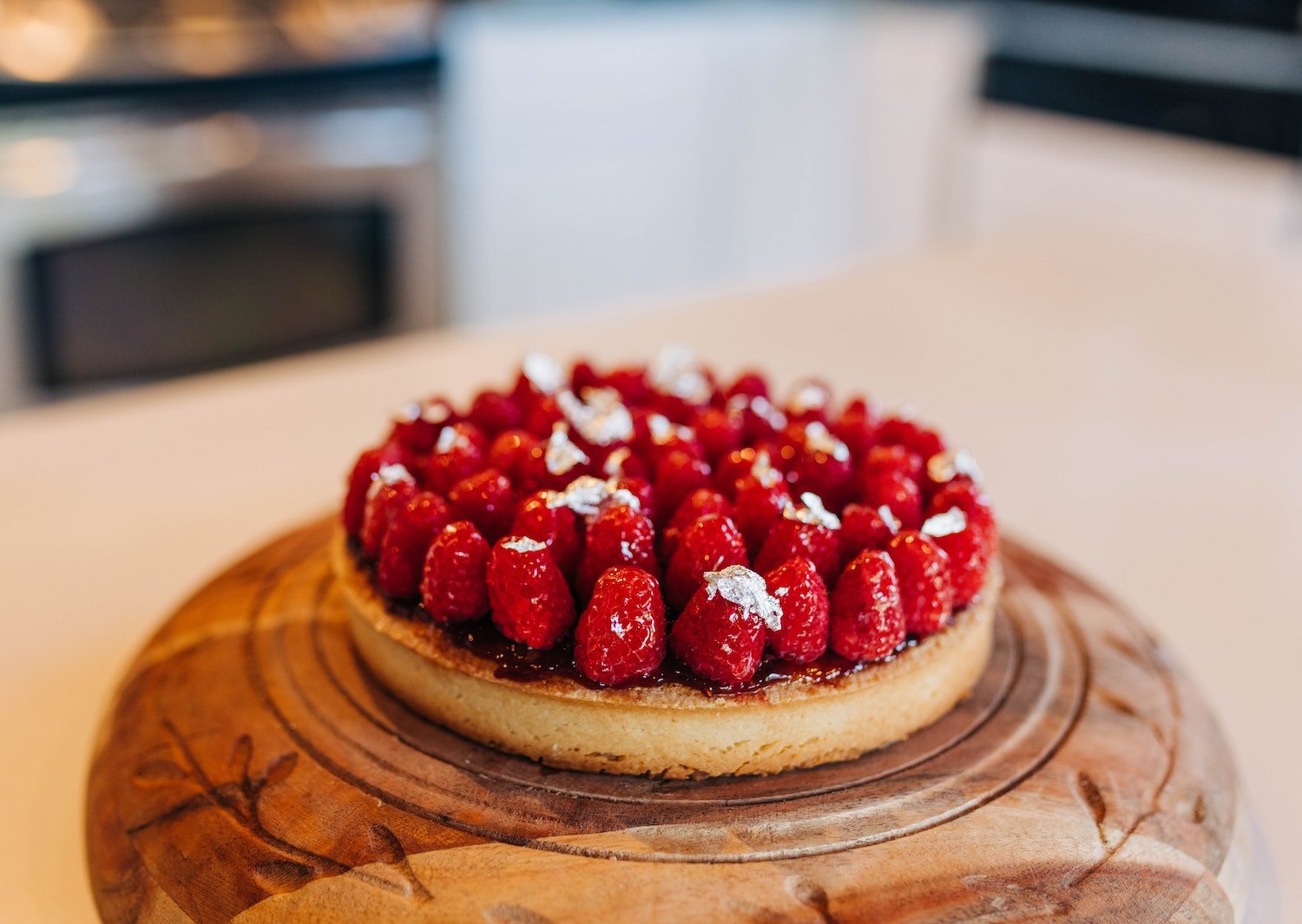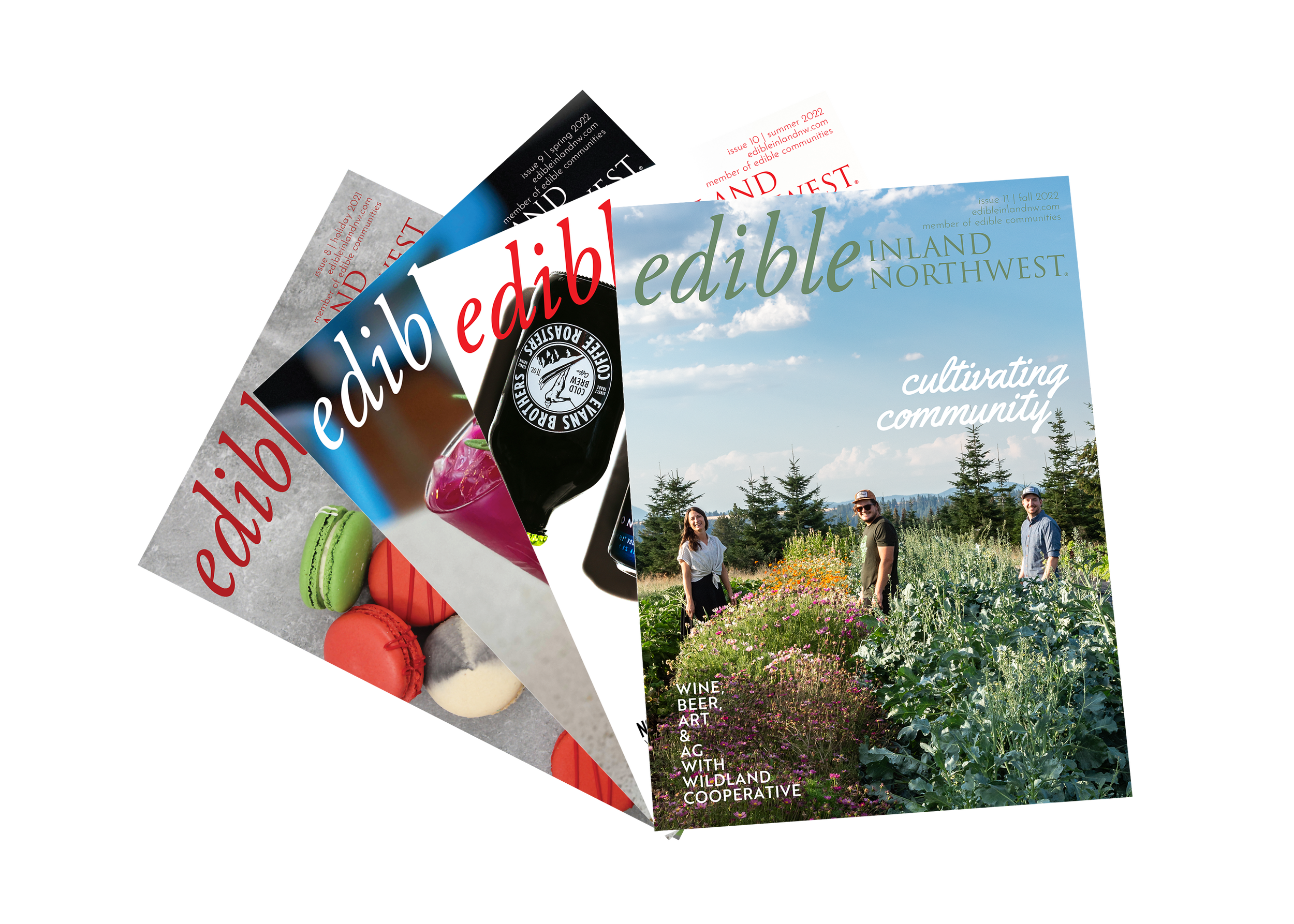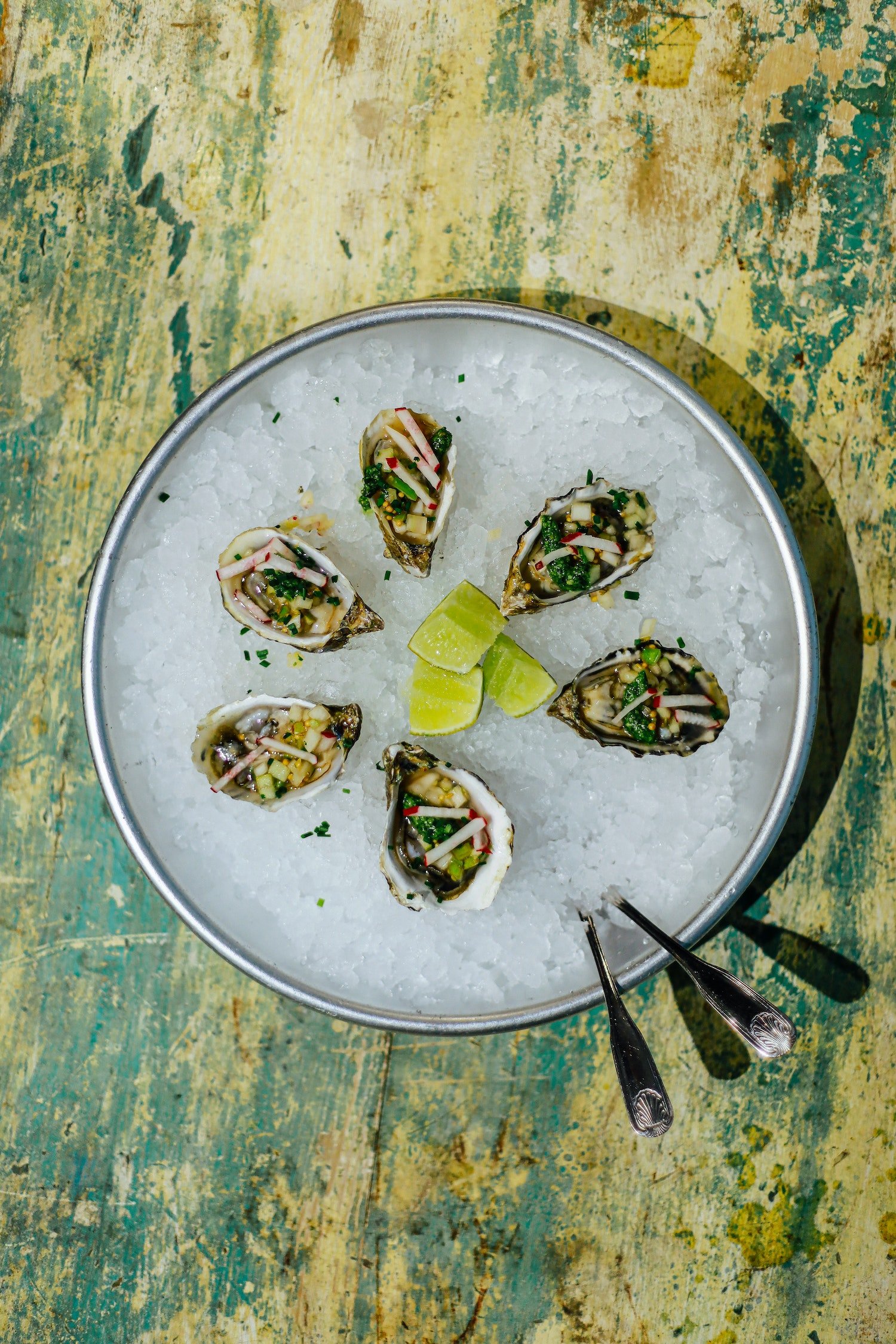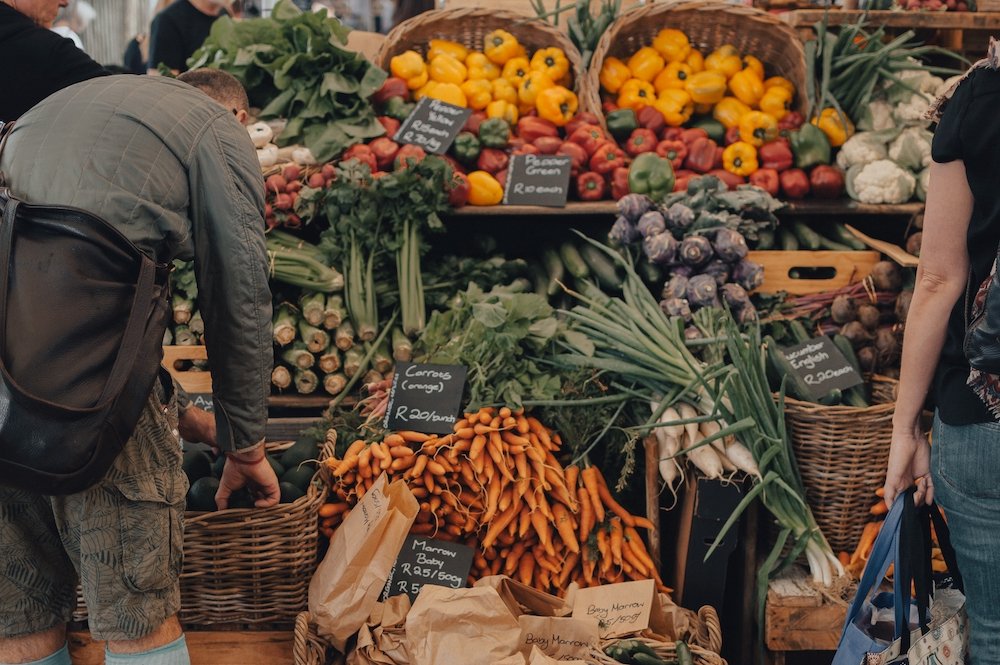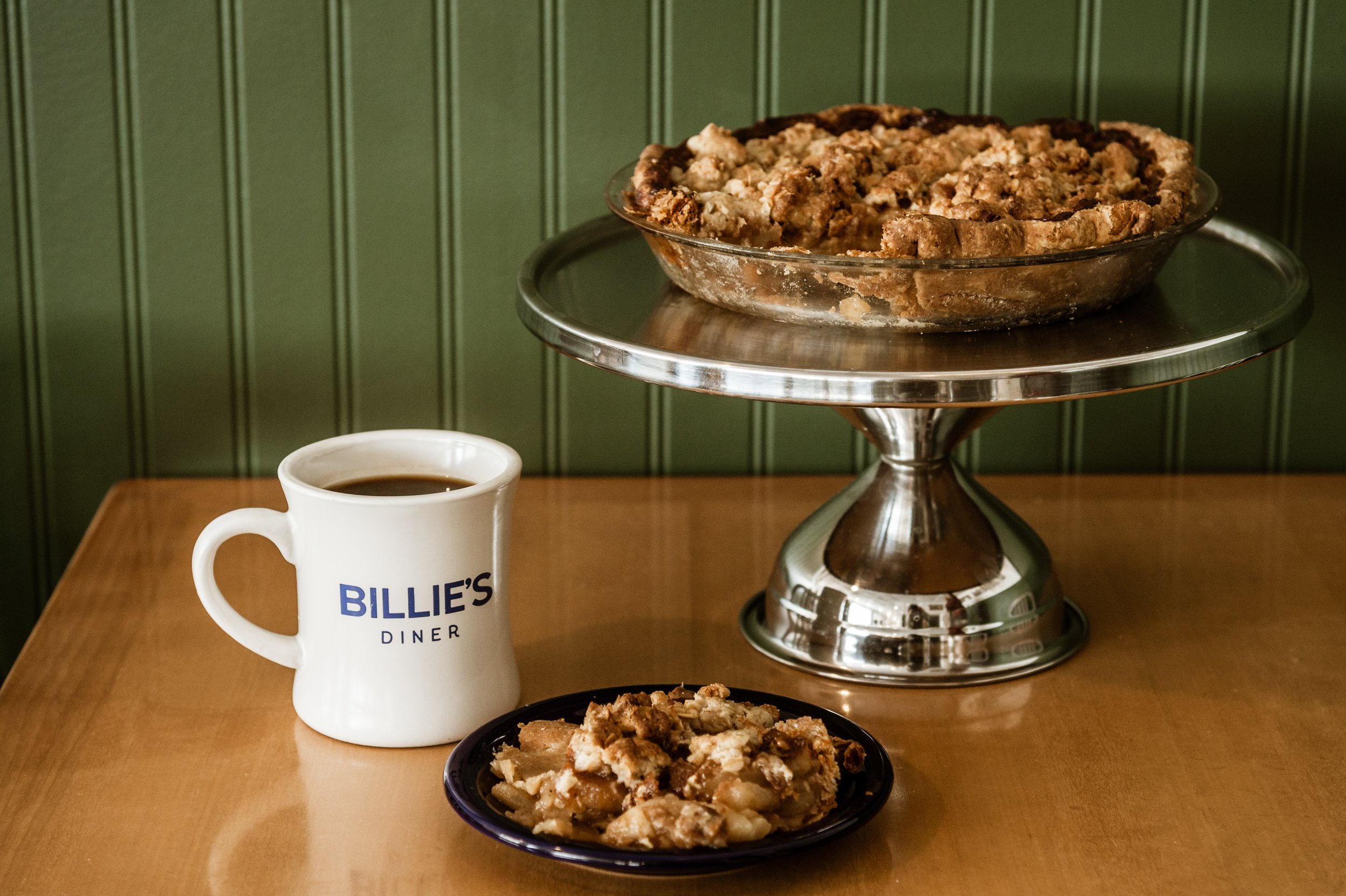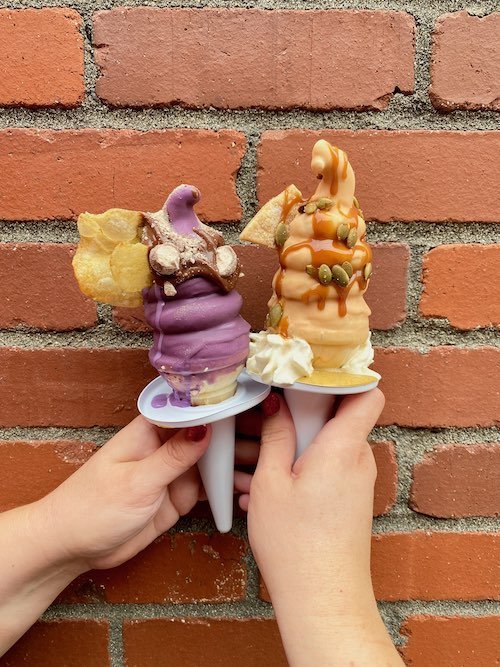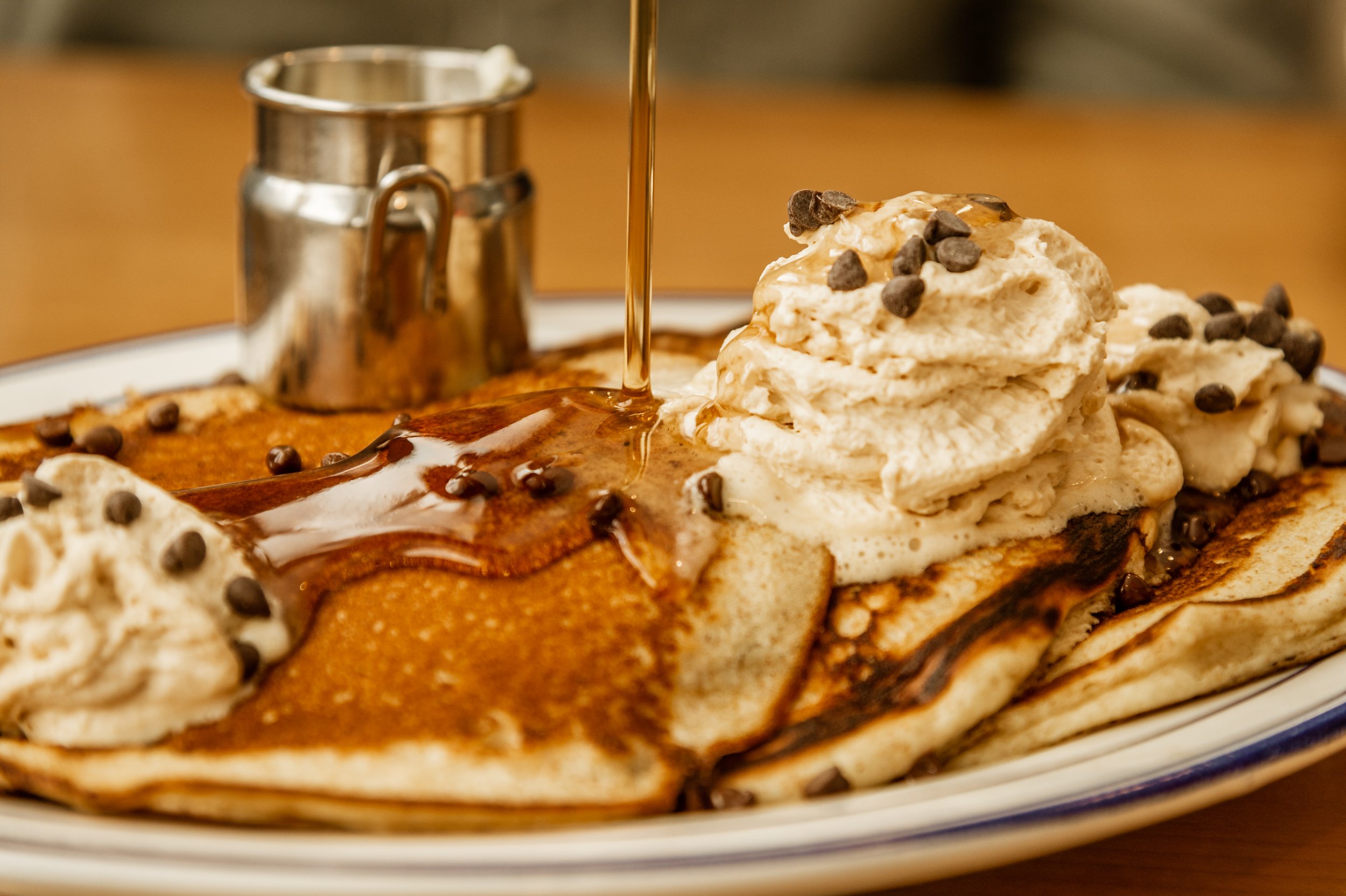Rapt in Tradition: Eastern Washington Families Pass Down Recipes to a New Generation.
The TamaleBox Menu (©Edible Inland Northwest)
Rapt in Tradition: Eastern Washington Families Pass Down Recipes to a New Generation.
BY MOLLY ALLENThe process of making tamales can be labor-intensive, but for Felipe Hernández, owner of Los Hernández Tamales in Union Gap, it’s a labor of love. Because the best tamales are filled and folded by hand, many Hispanic families make it tradition to craft and enjoy tamales around the holidays, allowing for family members to learn the process and help along the way.
Hernández didn’t learn to make tamales until later in life. “I grew up watching my mom and sisters making tamales every year,” says Hernández, who grew up with 11 siblings in Piedras Negras, Mexico, before immigrating to Wapato in 1957. “I wanted to start a business, so I asked my sister to show me how to make tamales.”
His desire to learn has paid off. Since opening in 1990, Hernández and his wife, June, have had to expand production to keep up with demand. But while their operation has grown to a larger commercial kitchen, Felipe and June keep a watchful eye on their small staff of friends and family to make sure that their time-honored recipe is followed, and that each tamale is made by hand—over 2 million of them all-time.
Good Tamales Require Great Masa
Their signature spring offering, filled with fresh local asparagus and pepper jack cheese, may be what inspires foodies from far and wide to make the pilgrimage to the Yakima Valley, but it’s their secret family masa recipe that has kept tamale lovers coming back for more since opening almost 30 years ago.
“We make the masa our way. The masa has to be good because it all starts with that. In a tamale, it’s the masa,” Hernández says. “My sister learned from my mom, and then she taught me. We went back to the beginning with tamales, making something that’s not processed. If you’re going to serve good food, you have to take a different route. You can’t just do it quick and easy.”
This philosophy and adherence to the family recipe even earned Los Hernández Tamales a 2018 James Beard Foundation America’s Classics award. Now that Hernández has perfected his craft, he plans on passing his prized recipes down to his family, just as many other families who have learned the art of making tamales. Felipe and June’s daughter, Rachel Wilburn, now helps to run Los Hernández Tamales and says she hopes to pass the skill down to her children, keeping the tradition alive.
“It’s a family business,”
Hernández says. “And we want the tradition to continue on and stay with the family.”
TamaleBox Pops Up at Spokane Farmers Markets
The Hernándezes’ sense of tradition is echoed in many Hispanic families across the U.S. including the Inland Northwest.
Enrique Mariscal, owner of Tamale Box in Spokane, is working toward the same mission as Hernández to keep the tradition of tamales alive in his family and now his business. The youngest of seven children, Mariscal and his family would gather together around Christmas every year and make tamales for the crowd.
“We’ve always done this as a family,” says Mariscal. “Tamales aren’t easy for one person to make, so it’s two or three people working on them, if not more. We’d always compete to see who could tie them the fastest. It’s a team effort for sure.”
Mariscal debuted Tamale Box in the summer of 2019 at the South Perry Neighborhood Market, and his mother, Candelaria, has been with him every step of the way. After moving to Spokane from Seattle, Mariscal realized no one in the area was making tamales the way his mother has been making them for decades. “There were other tamales here, but I was confident in our family recipe,” he says. “I wanted to share my culture and bring tamales to Spokane like my mom did in Mexico.”
Candelaria taught herself how to make tamales, with some input along the way to help perfect her recipe. She grew up in a city without any electricity, eventually moving to La Peñita de Jaltemba, Mexico in 1978. “My mom would make tamales, and my brothers would go out to sell them,” says Mariscal. “The goal was to come back with empty containers, and they would compete to see who could finish the fastest.”
Just as they were in Mexico, Mariscal’s tamales, which vary from a traditional chicken and mole to a vegan jackfruit option, have been a huge hit. At this point, Enrique and Candelaria make close to 100 tamales just about every day to keep up with their business, filling, wrapping and tying each one by hand. Mariscal plans on developing an online ordering service, as well as serving at a number of events throughout the fall and winter.
But the opportunity to work with his mother and keep the tradition alive is more than worth it. “We’ve been busy throughout the summer, but tamales are definitely traditional at Christmastime. It’s a time for family to gather together and to make food,” says Mariscal. “In our family, it’s still being taught. It’s a tradition my sisters are teaching my nieces, and it will continue from there.”
Tamales in Tri-Cities
Paulina Perez, also the youngest of seven children, grew up making tamales with her family around the holidays. “I grew up making tamales every year. All of my brothers would come home from college, and we would make dozens and dozens,” says Perez, who owns Hot Tamales in Tri-Cities.
Perez watched her mother make tamales every Thanksgiving and Christmas. Eventually word of the tamales spread at Perez’s school, and her teacher asked if Perez’s mother was willing to sell them. “My teacher made a spreadsheet for tamales for the other teachers at school to order, and to this day those teachers still come to buy tamales from me,” she says. “It’s so special to me. It sparked the entrepreneur in me and gave me the confidence to open my business.”
After one of her sons was born with a disability, Perez stayed home for two years to care for him, but eventually she decided it was time to start her business. “Mom always wanted to have a restaurant. At the time, she was retired and traveling, and I told her that there wasn’t anywhere here that just does tamales,” says Perez. “Mom told me she would show me how to do everything and wouldn’t work after that, but she loves it so much that she still helps all the time.”
Perez launched her business in 2016 at Tri-Cities Food Truck Fridays. Following the event, her phone began ringing off the hook. Perez now caters weddings, sells at farmers markets and has a drive-thru restaurant in Kennewick, serving fresh tamales every day.
“My mom’s recipe is her grandma’s recipe, so it’s been passed down through a lot of generations in our family,” she says. “People can’t get enough of it. People order for work or parties or just come through for lunch.”
Perez says a pork tamale using her great-grandmother’s recipe is the most popular. Other tamale options include chicken with a green tomatillo salsa, a vegetarian option with jalapeño, chile poblano and cheeses such as pepper jack and mozzarella, a veggie tamale and a pinto bean tamale.
Perez also likes to play around with different flavors, offering special and creative tamales throughout the year such as asparagus with cream cheese and a Hot Cheetos tamale, with Flamin’ Hot Cheetos ground into the masa and filled with pork. Although Perez strays from the traditional in some of her offerings, she says her great-grandmother’s recipe will always remain the same.
“We make them all by hand. At this point we’re doing dozens and dozens at Christmas, and this is becoming a new tradition,” she says. “I’m blessed to have this tradition to pass down to my kids now. My mom is leaving a legacy. It was her passion, and it’s mine now too.”
About Los Hernandez Tamales
loshernandeztamales.com
509.457.6003
3706 Main St
Union Gap, WA 98903About TamaleBox
tamaleboxspokane.com
559.426.9850About Hot Tamales
eathottamales.com
509.551.1110
2521 W Kennewick Ave
Kennewick, WA 99336


